Why Does Your Kitten FART So Much? Should You Worry?
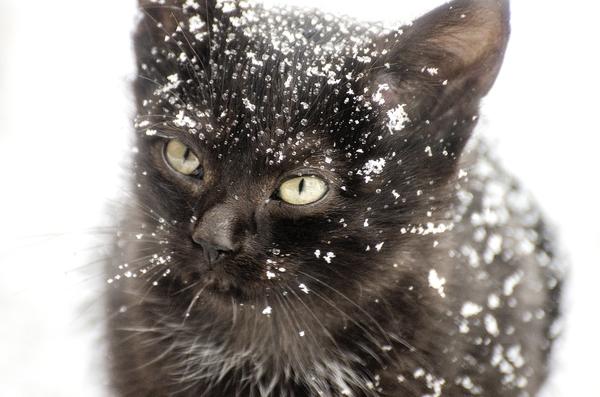
Tired of living in a constant cloud of stink?
Wondering why your fur baby's gas is rivaling that of a frat house after taco night?
I understand, trust me.
You're not alone in the battle against the unsolicited toot symphonies.
But fear not, my frustrating friend, because together, we're about to uncover the secrets behind those mysterious kitten farts. 🐱
So grab a gas mask and let's dive in, shall we?
Managing Excessive Farting in Kittens: Concerns and Solutions
Kittens farting too much might seem funny at first, but it could indicate a bigger problem.
Here's what you should know:
- Changing their diet can often help with excessive farting. You might want to try high-quality kitten food that is easy to digest.
- Instead of big meals, feed them smaller portions more frequently. This can prevent overeating and reduce gas buildup.
- Be careful with dairy products. Some kittens are lactose intolerant and can have more farts if they consume them.
- Look out for food intolerances or allergies. These can also contribute to excessive farting. If you suspect this might be the case, consult your veterinarian for guidance on an elimination diet.
- Make sure they always have fresh water available. It helps keep them hydrated and aids in regular digestion.
- Encourage your kitten to exercise and play regularly. This keeps them active and helps prevent constipation, which can lead to excess gas.
- Probiotics can be considered to support a healthy gut and improve digestion. However, consult your vet before giving any supplements.
- Stress and anxiety can affect their digestion and make them fart more. Create a calm and comfortable environment for your furry friend.
- Watch out for other symptoms like diarrhea, vomiting, or abdominal pain. If these occur alongside excessive farting, contact your vet right away.
- Regular check-ups with your veterinarian are crucial for your kitten's overall health, especially if you're concerned about their excessive farting.
While it's normal for kittens to fart once in a while, excessive farting needs to be monitored closely.
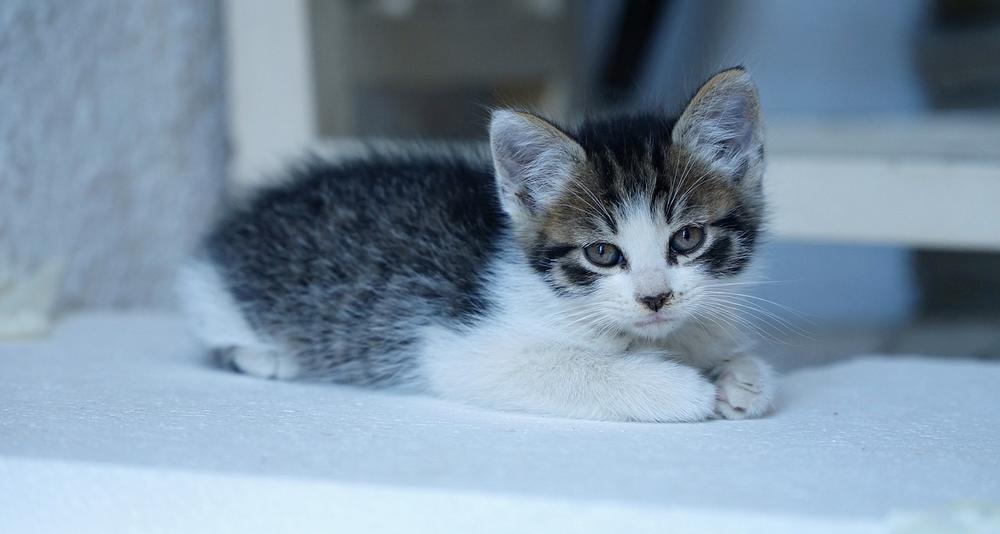
Take proactive steps with their diet and lifestyle choices to keep them happy and free from gas.
Additionally, if you're concerned about other unusual behaviors from your kitten, such as losing whiskers on one side, I highly recommend checking out my articleWhy Is My Cat Losing Whiskers on One Side.
In this comprehensive guide, you'll find insights into potential reasons behind this peculiar phenomenon.
Don't let unanswered questions leave you feeling confused or frustrated – explore my blog post to uncover the truth behind your cat's mysterious whisker loss.
Common Medical Conditions that Cause Excessive Farting in Kittens
Excessive farting in kittens may indicate medical problems
If your kitten farts more than usual, it could be a sign of medical issues. You have to pay attention if you notice this happening.
Not all cases of kitten flatulence are worrisome.
Sometimes, it happens because they swallow air while eating or due to allergies.
But if your little furball passes gas along with other symptoms like diarrhea, vomiting, or restlessness, it might signal a deeper issue.
What causes farting in cats
Believe it or not, there are various reasons why your kitten might be gassier than normal.
It could be harmless things like hairballs from grooming or eating too fast.
However, it can also indicate respiratory conditions, intestinal worms, food intolerances, allergies, sensitivity to fiber, or digestive tract diseases.
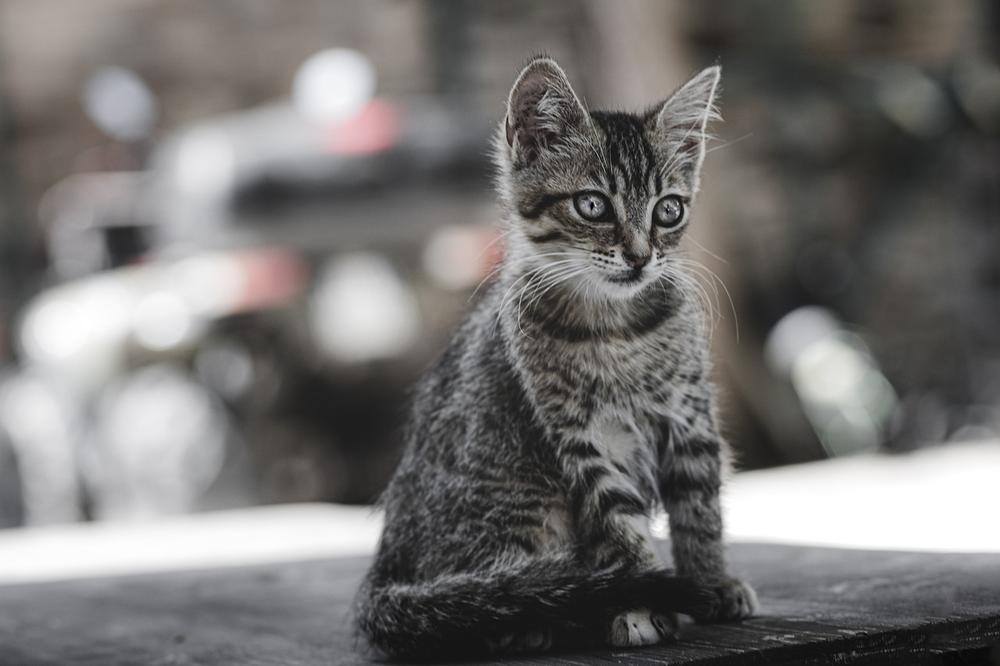
Even pregnant kitties and those with worms might experience increased farting.
Seeking veterinary attention for diagnosis
If you're worried about your kitten farting excessively, the best thing to do is consult a veterinarian.
They'll give your furry friend a thorough physical examination and conduct any necessary diagnostic tests to find the underlying cause.
Early diagnosis is crucial to ensure your little one gets the right treatment and relief.
But why does your kitten gobble up their food so quickly?
And could this be the reason behind their excessive farting?
In the next section, I'll explore how creating a calm environment during mealtimes and considering their diet can effectively address both the anxiety-induced gobbling behavior and the resulting gas.
So let's dive in and find out how you can help your furry friend!
How to Reduce Kitten Farts Caused by Swallowing Air
To reduce kitten farts caused by swallowing air, follow these 8 simple steps:
- Provide a calm and stress-free environment during mealtimes.
- Use a slow-feeder cat bowl to decrease gobbling behavior.
- Avoid feeding kittens rich or high-fiber diets.
- Limit their consumption of cow's milk.
- Ensure they have a balanced and nutritious diet.
- Feed them smaller, more frequent meals.
- Help them maintain a healthy weight through portion control.
- Consider consulting with a veterinarian for further advice.
Incorporating these changes will help minimize anxiety-induced gobbling behavior and reduce kitten farting.
Remember, cats are sensitive animals, so creating a peaceful mealtime environment is essential for their well-being.
Pay attention, because here's the crux of it: Further down the blog post, I will provide you with steps to take if excessive farting persists in kittens. So, keep reading to find out how to address this issue effectively.
And now, let's delve into some specific tips and strategies to address diet-related flatulence in your kitten.
You may be wondering, How can I ensure my little furball gets the right nutrients without inducing excessive gas?
Well, you're in luck!
In this section, I'll share with you expert recommendations on gradually transitioning their diet, eliminating potential irritants, and incorporating probiotics.
Plus, I'll reveal the importance of feeding kittens appropriately for their life stage.
So, let's get started on creating a well-balanced and fart-free diet for your adorable companion!
Preventing Diet-Related Farts in Cats and Kittens
To prevent diet-related farts in cats and kittens, follow these practical tips:
- Transition gradually: When changing your kitten's diet, do it over several days to allow their digestive system to adjust and decrease the likelihood of excessive flatulence.
- Eliminate potential allergens: Remove any potential irritants or allergens from your cat's diet. Opt for high-quality, complete, balanced food recommended by a veterinarian.
- Avoid excess fiber: Excessive fiber in a cat's diet can contribute to farting. Choose a food that is low in fiber to help reduce gas.
- Incorporate probiotics: Adding certified levels of probiotics to your cat's diet can greatly reduce gas and promote healthy digestion.
- Keep a food journal: Keep track of what your cat eats to identify specific dietary factors that may be causing excessive gas. Avoid new foods and consider grain-free options if necessary.
- Feed kittens slowly: Feeding kittens smaller, appropriate meals for their life stage can help prevent flatulence.
- Say no to lactose: Avoid feeding cats items containing lactose, such as milk, as this can contribute to farting.
- Schedule regular veterinary check-ups: Regular check-ups with a veterinarian can help detect and address any potential intestinal problems early on.
Your furry companion can lead a content life without any flatulence issues by adhering to these guidelines.
Side Note: If you've noticed your spayed cat with a saggy belly or belly pouch, you're not alone. It's a common concern among cat owners. Find out why your cat might have a saggy belly after being spayed in my blog post Why Does My Cat Have a Saggy Belly After Being Spayed. Discover the reasons behind this phenomenon and get the answers you need to address any worries or confusion you may have.
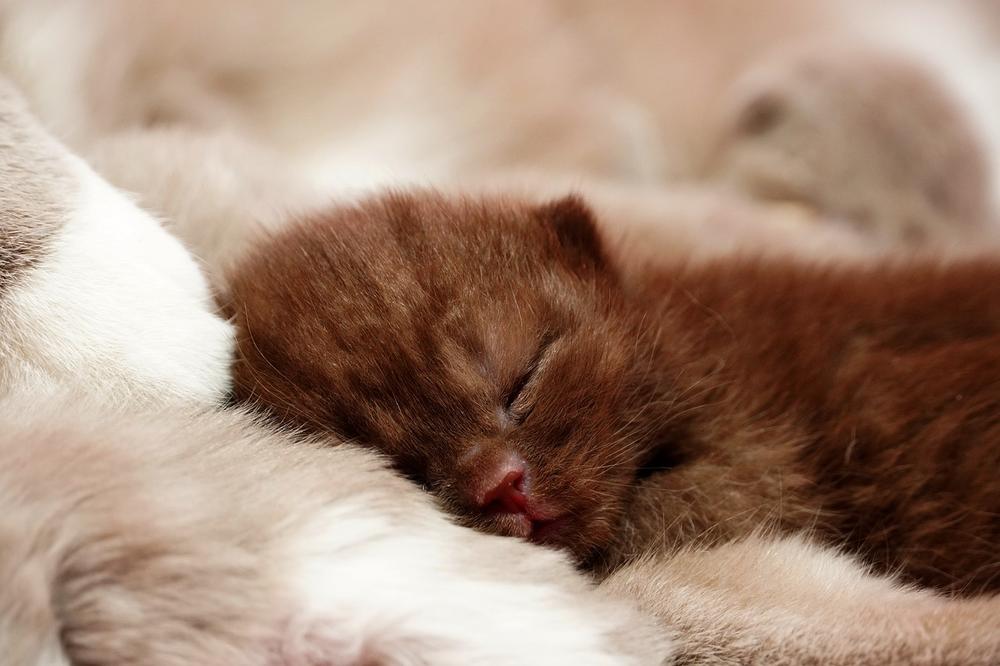
But what if your kitten's farting problem persists despite following the diet-related tips mentioned earlier?
Well, fret not... In this next section, I'm going to uncover some key strategies that will help you dig deeper into the underlying causes of excessive farting in kittens.
Trust me, you don't want to miss out on these valuable insights that could bring both relief for your kitten and peace of mind for you!
So, let's dive right in!
Steps to Take if Excessive Farting Persists in Kittens
If your kitten is farting a lot, here's what you can do:
- Keep a food journal to see what could be causing it.
- Cut out foods that might be making them gassy.
- Make sure their diet is balanced and right for their age.
- Deal with any stress triggers in their environment.
- Give them lots of things to do to keep their mind and body active and reduce stress.
- If the farting comes with other worrying symptoms, go to the vet.
- Keep an eye on their digestion to spot any changes.
- Take a sample of their poop to the vet for testing parasites.
- For kittens older than 2 months, consider veterinary attention.
- Prevent excessive farting by taking good care of them.
The best way to deal with kitten farts is to stop them before they start. 😺
And, as I mentioned earlier, keeping an eye on your kitten's digestion is crucial.
But it's not just about monitoring their farting frequency – you should also pay attention to other signs such as bowel movements, stool consistency, and any foul-smelling farts.
These could be indications of underlying gastrointestinal issues or even anal gland problems.
In these cases, seeking veterinary attention is highly recommended for a proper diagnosis and treatment...
When a Kitten Smells Like Rotten Eggs
Keep an eye on your kitten's poop, how it looks and smells.
Changes could mean tummy troubles.
Plus, if you notice a bad egg stench coming from their behind, that could be a sign that the anal glands are acting up.
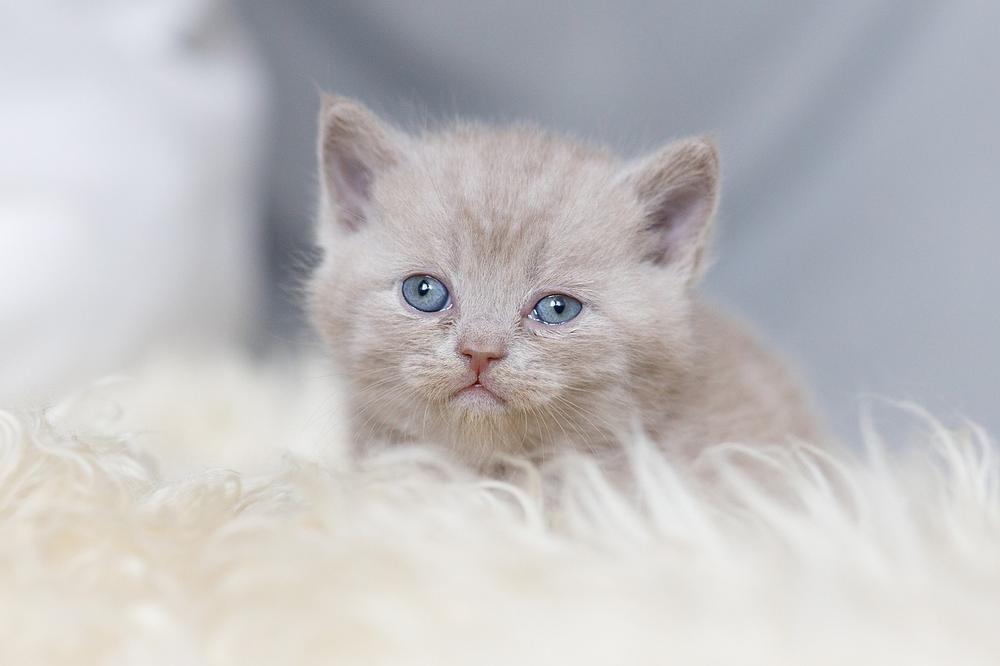
It might even mean there's an infection going on.
Getting your vet involved is super important.
They'll take care of your kitten and give them the right treatment for any gland problems.
Taking action fast means keeping your furry friend healthy and happy.
So don't hesitate to seek help!
Last word
Key Takeaways in Numbered List Format:
- Kittens naturally fart, but excessive farting may indicate an underlying problem.
- Symptoms like diarrhea, vomiting, or restlessness alongside farting require veterinary attention.
- Farting can be caused by swallowing air, allergies, dairy consumption, or fast eating.
- A high-fiber diet and lack of proper nutrition can contribute to excessive gas.
- Probiotics, wet meat-based food, and grain-free options can help reduce excessive gas.
- Identifying and addressing stressors is important for managing farting in cats.
- Seek veterinary attention if excessive farting is accompanied by other symptoms.
- Regular monitoring and parasite testing are crucial for a cat's gastrointestinal health.
- Seek veterinary attention for kittens over 2 months old and with completed vaccinations.
- Consult a veterinarian for anal gland issues causing a rotten egg smell.
And that wraps up today's article.
If you wish to read more of my useful articles, I recommend you check out some of these: Cats Purring Sound Congested, Cat Has Diarrhea After Giving Birth, Older Cat Shedding Excessively, Why Is My Cat Losing Its Whiskers, and Why Does My Cat Have a Dry Nose
Talk soon,
-Sarah Davis